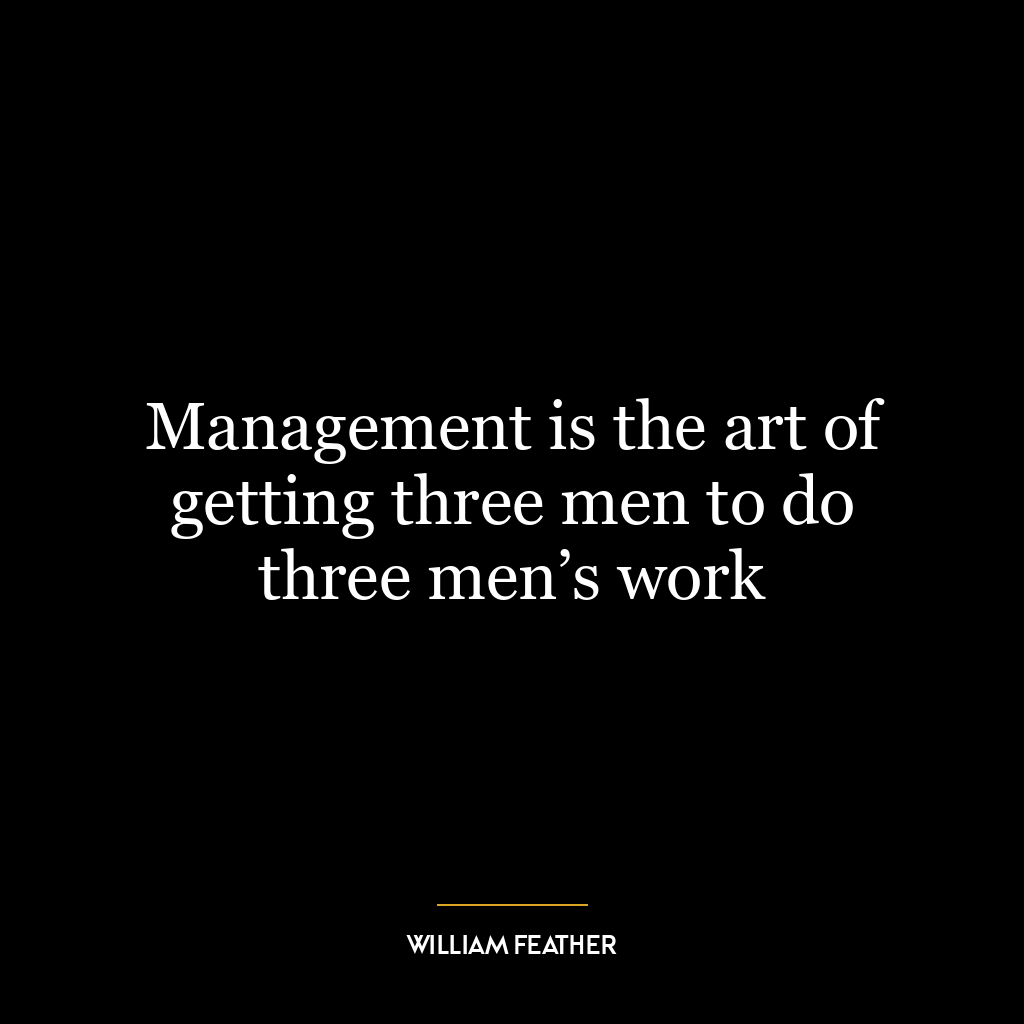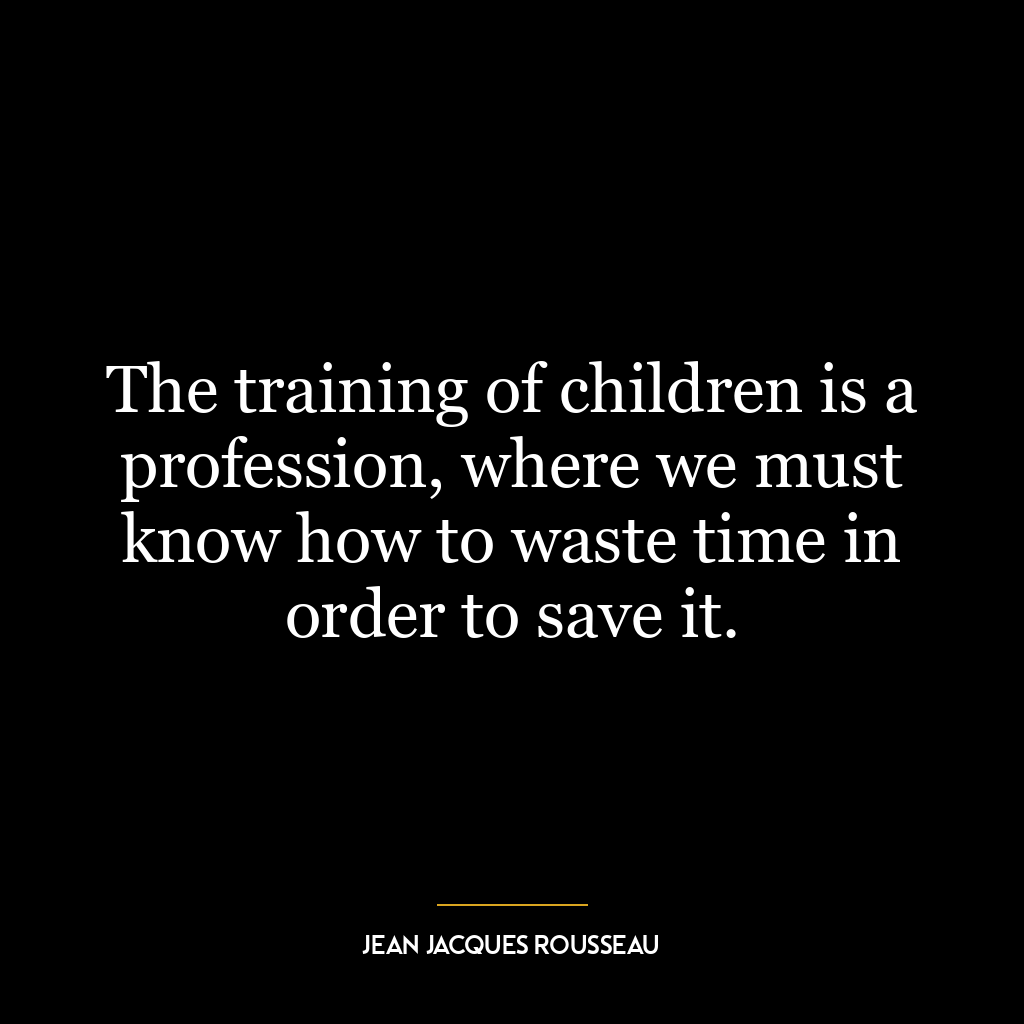This quote pertains to the concept of taking manageable steps to achieve success, rather than aiming for unattainable goals. The metaphor of jumping over a 7-foot bar represents taking on a challenge that is too difficult or risky, which may result in failure or disappointment. On the other hand, looking for 1-foot bars to step over represents the idea of seeking out easier, more achievable challenges. Each small success builds confidence and momentum, leading to greater overall progress.
This principle can be applied to both personal development and various aspects of today’s world. In personal development, it’s a reminder not to set unrealistic goals or expectations. Instead of trying to make drastic changes overnight, it’s more beneficial to focus on small, achievable goals that can be built upon over time.
For example, someone trying to get into shape wouldn’t start by trying to run a marathon. They would start with shorter, manageable runs and gradually increase their distance. This approach reduces the risk of injury, discouragement, and burnout. It also provides a constant sense of achievement, which can be highly motivating.
In business, this principle could be applied in risk management and investment strategies. Instead of investing in high-risk, high-reward ventures (the 7-foot bars), it might be wiser to invest in low-risk, steady-return ventures (the 1-foot bars). This approach reduces the potential for catastrophic losses and provides a more reliable and sustainable path to financial growth.
In the broader societal context, this principle could be applied to problem-solving and policy-making. Instead of trying to solve large, complex issues in one fell swoop, it may be more effective to break them down into smaller, more manageable parts. This approach can make the process less overwhelming, allow for more focused and effective solutions, and provide a sense of progress along the way.















